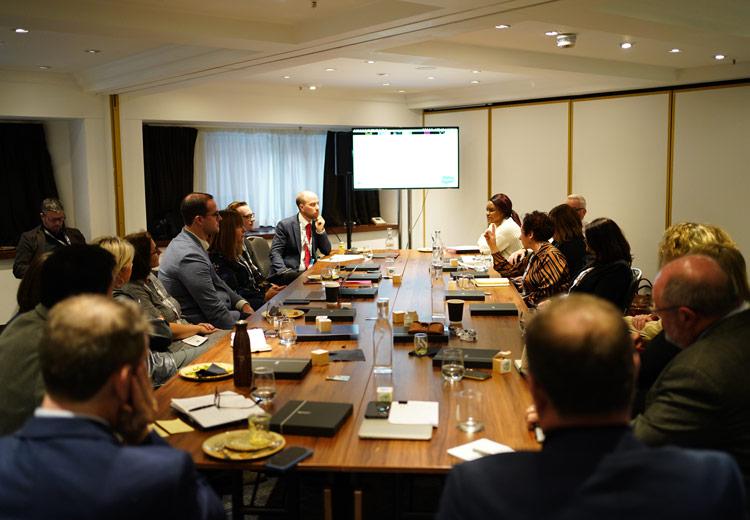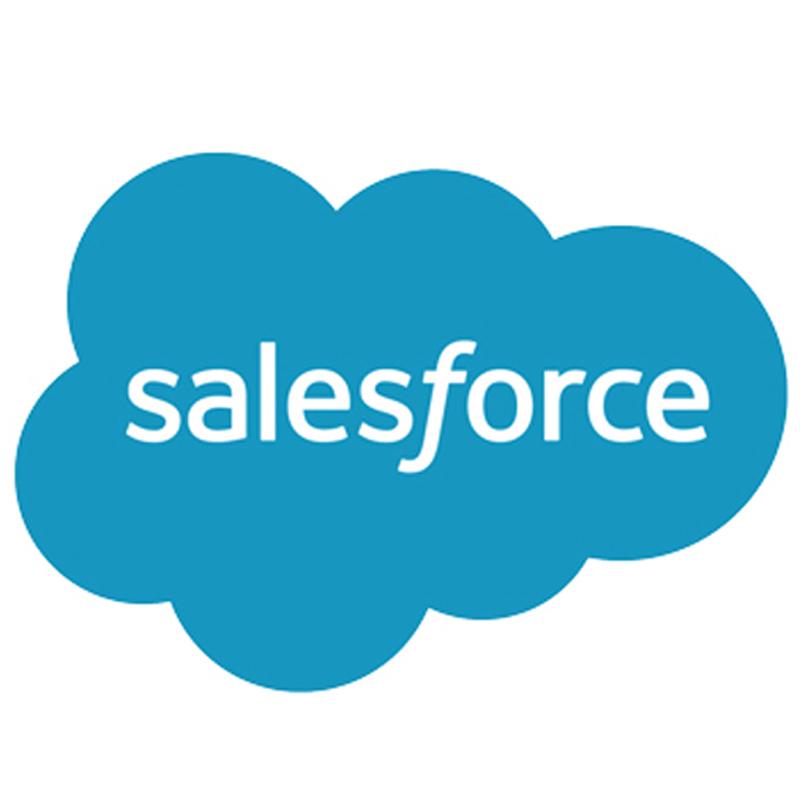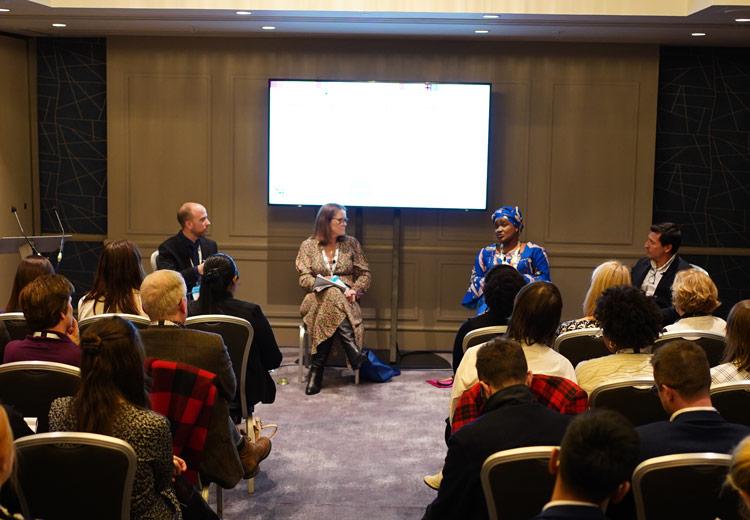
How can universities build social impact through better relationships?

It’s now an expectation among prospective students that universities support diversity, inclusion and belonging. As a result, institutions are improving access to lifelong learning opportunities, supporting communities through educational initiatives, and encouraging investment in social ventures.
Speaking at a round table held during THE Campus Live UK&IE 2022 in partnership with Salesforce.org, a panel of university representatives discussed the importance of unlocking alumni relations to support social impact. The University of Galway has recently rebranded and this has been an ideal opportunity to reconnect with former students, said Paul Dodd, vice-president of engagement at the university. “It's been an opportunity to reset the clock, asking alumni questions about how we can help them and how they would like to connect,” he said. “One of the strongest themes was mentoring. They want to support existing students and share what they’ve learned since they left.”
Business schools often have a close relationship with former students who return to discuss the challenges of entrepreneurship. Hanna Yakavenka, associate dean of internationalisation and business development at Coventry University London, said many international students who founded businesses “want to be guest lecturers and share how difficult it was”.
Roscoe Hastings, director of academic services at the University of Oxford’s Saïd Business School, argued that universities needed to maintain communications to retain graduates’ interest. “If you don’t harness their engagement while they’re a student you risk losing them. We’re looking at how we engage with them in a more personal way,” he said.
Better analysis of data can support more targeted communications with alumni as institutions evolve, added Julio Villalobos, regional director for Europe, the Middle East and Africa at Salesforce. “Universities used to just invite alumni to events or send newsletters but now they are a huge part of the wider university community and that sense of belonging,” Villalobos said. “One of the common things we see is the legacy of different technologies, and then silos within the institution, so all data is separated. Trying to get it all together for a unique view can be a challenge.”
Stronger ties with former students and lifelong learners can also feed into curriculum development. Tania Struetzel, head of student engagement and success at the University of Greenwich, said alumni had an important role in co-creating future programmes. “We’ve just launched a new curriculum framework and by 2030 we hope all programmes will have some input in this way,” Struetzel said. “Otherwise students disappear and we lose all that intel.”
Kathleen Armour, vice-provost of education and student experience at University College London agreed. “The most interesting stage is when alumni help us shape knowledge together to push it forward, which is good for the academics as well. It’s more of a collaborative effort, breaking down those barriers between employers and academia,” she said.
Ultimately, there are multiple avenues through which universities can enable social impact. “Entrepreneurship is one lever, but we’ve found that coming together around global challenges brings lots of people together too,” said Eleanor Shaw, associate principal and professor of entrepreneurship at the University of Strathclyde. “We offer different levers and engagements across disciplines; activities you do on top of the curriculum that respond to the needs of the future of work.”
Jonathan Powles, vice-principal for learning and students at the University of the West of Scotland, concluded that activities with a social purpose should be done with more than rankings and student engagement in mind. “It’s not just a widening access agenda; we have an intellectual obligation to reflect diversity in modern academia,” Powles concluded.
The panel:
- Kathleen Armour, vice-provost of education and student experience, University College London
- Paul Dodd, vice-president of engagement, University of Galway
- Jolanta Edwards, director of strategy, London Higher
- Roscoe Hastings, director of academic services, University of Oxford
- Debora Kayembe, rector, University of Edinburgh
- Carl O’Keefe, regional vice-president (UK and Ireland), Salesforce
- Stefan Krummaker, deputy vice-principal of education, Queen Mary University of London
- Alistair Lawrence, head of branded content, Times Higher Education (chair)
- Louise McArdle, head of the school of management, University of Central Lancashire
- Shushma Patel, pro vice-chancellor student experience, DeMontfort University
- Jonathan Powles, vice-principal of learning and students, University of the West of Scotland
- Eleanor Shaw, associate principal and professor of entrepreneurship, University of Strathclyde
- Jennie Shorley, head of engaged scholarship and faculty head of accreditations, Manchester Metropolitan Business School
- Tania Struetzel, head of student engagement and success, University of Greenwich
- Julio Villalobos, regional director EMEA, Salesforce
- Louise Wood, head of student and commercial communications, University of Chester
- Hanna Yakavenka, associate dean of internationalisation and business development, Coventry University London
Learn more about Salesforce for Education and access the Connected Student Report.

